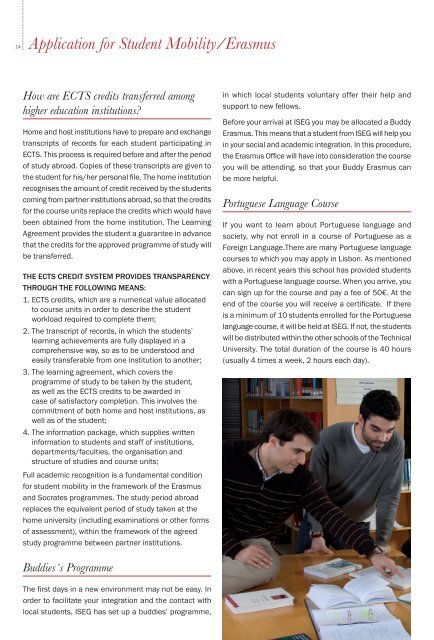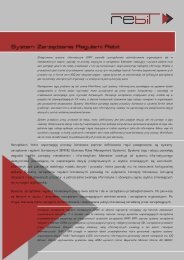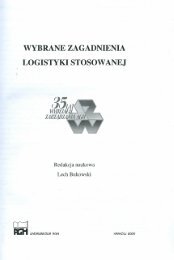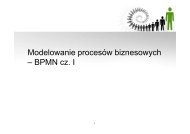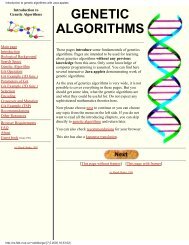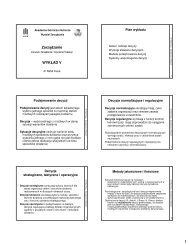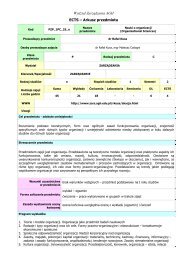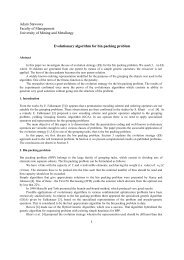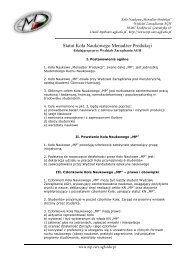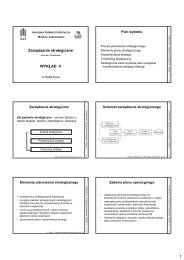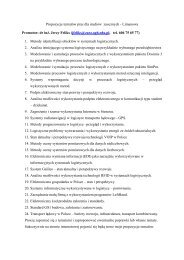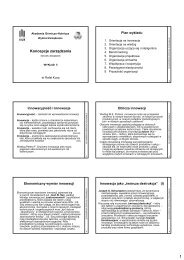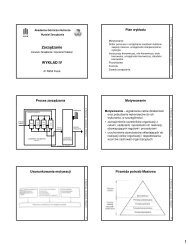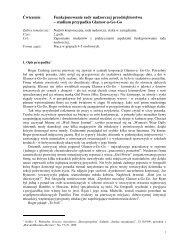Guide - Instituto Superior de Economia e Gestão
Guide - Instituto Superior de Economia e Gestão
Guide - Instituto Superior de Economia e Gestão
Create successful ePaper yourself
Turn your PDF publications into a flip-book with our unique Google optimized e-Paper software.
14<br />
Application for Stu<strong>de</strong>nt Mobility/Erasmus<br />
How are ECTS credits transferred among<br />
higher education institutions?<br />
Home and host institutions have to prepare and exchange<br />
transcripts of records for each stu<strong>de</strong>nt participating in<br />
ECTS. This process is required before and after the period<br />
of study abroad. Copies of these transcripts are given to<br />
the stu<strong>de</strong>nt for his/her personal file. The home institution<br />
recognises the amount of credit received by the stu<strong>de</strong>nts<br />
coming from partner institutions abroad, so that the credits<br />
for the course units replace the credits which would have<br />
been obtained from the home institution. The Learning<br />
Agreement provi<strong>de</strong>s the stu<strong>de</strong>nt a guarantee in advance<br />
that the credits for the approved programme of study will<br />
be transferred.<br />
The ECTS credit system provi<strong>de</strong>s transparency<br />
through the following means:<br />
1. ECTS credits, which are a numerical value allocated<br />
to course units in or<strong>de</strong>r to <strong>de</strong>scribe the stu<strong>de</strong>nt<br />
workload required to complete them;<br />
2. The transcript of records, in which the stu<strong>de</strong>nts’<br />
learning achievements are fully displayed in a<br />
comprehensive way, so as to be un<strong>de</strong>rstood and<br />
easily transferable from one institution to another;<br />
3. The learning agreement, which covers the<br />
programme of study to be taken by the stu<strong>de</strong>nt,<br />
as well as the ECTS credits to be awar<strong>de</strong>d in<br />
case of satisfactory completion. This involves the<br />
commitment of both home and host institutions, as<br />
well as of the stu<strong>de</strong>nt;<br />
4. The information package, which supplies written<br />
information to stu<strong>de</strong>nts and staff of institutions,<br />
<strong>de</strong>partments/faculties, the organisation and<br />
structure of studies and course units;<br />
Full aca<strong>de</strong>mic recognition is a fundamental condition<br />
for stu<strong>de</strong>nt mobility in the framework of the Erasmus<br />
and Socrates programmes. The study period abroad<br />
replaces the equivalent period of study taken at the<br />
home university (including examinations or other forms<br />
of assessment), within the framework of the agreed<br />
study programme between partner institutions.<br />
in which local stu<strong>de</strong>nts voluntary offer their help and<br />
support to new fellows.<br />
Before your arrival at ISEG you may be allocated a Buddy<br />
Erasmus. This means that a stu<strong>de</strong>nt from ISEG will help you<br />
in your social and aca<strong>de</strong>mic integration. In this procedure,<br />
the Erasmus Office will have into consi<strong>de</strong>ration the course<br />
you will be attending, so that your Buddy Erasmus can<br />
be more helpful.<br />
Portuguese Language Course<br />
If you want to learn about Portuguese language and<br />
society, why not enroll in a course of Portuguese as a<br />
Foreign Language.There are many Portuguese language<br />
courses to which you may apply in Lisbon. As mentioned<br />
above, in recent years this school has provi<strong>de</strong>d stu<strong>de</strong>nts<br />
with a Portuguese language course. When you arrive, you<br />
can sign up for the course and pay a fee of 50€. At the<br />
end of the course you will receive a certificate. If there<br />
is a minimum of 10 stu<strong>de</strong>nts enrolled for the Portuguese<br />
language course, it will be held at ISEG. If not, the stu<strong>de</strong>nts<br />
will be distributed within the other schools of the Technical<br />
University. The total duration of the course is 40 hours<br />
(usually 4 times a week, 2 hours each day).<br />
Buddies´s Programme<br />
The first days in a new environment may not be easy. In<br />
or<strong>de</strong>r to facilitate your integration and the contact with<br />
local stu<strong>de</strong>nts, ISEG has set up a buddies’ programme,


